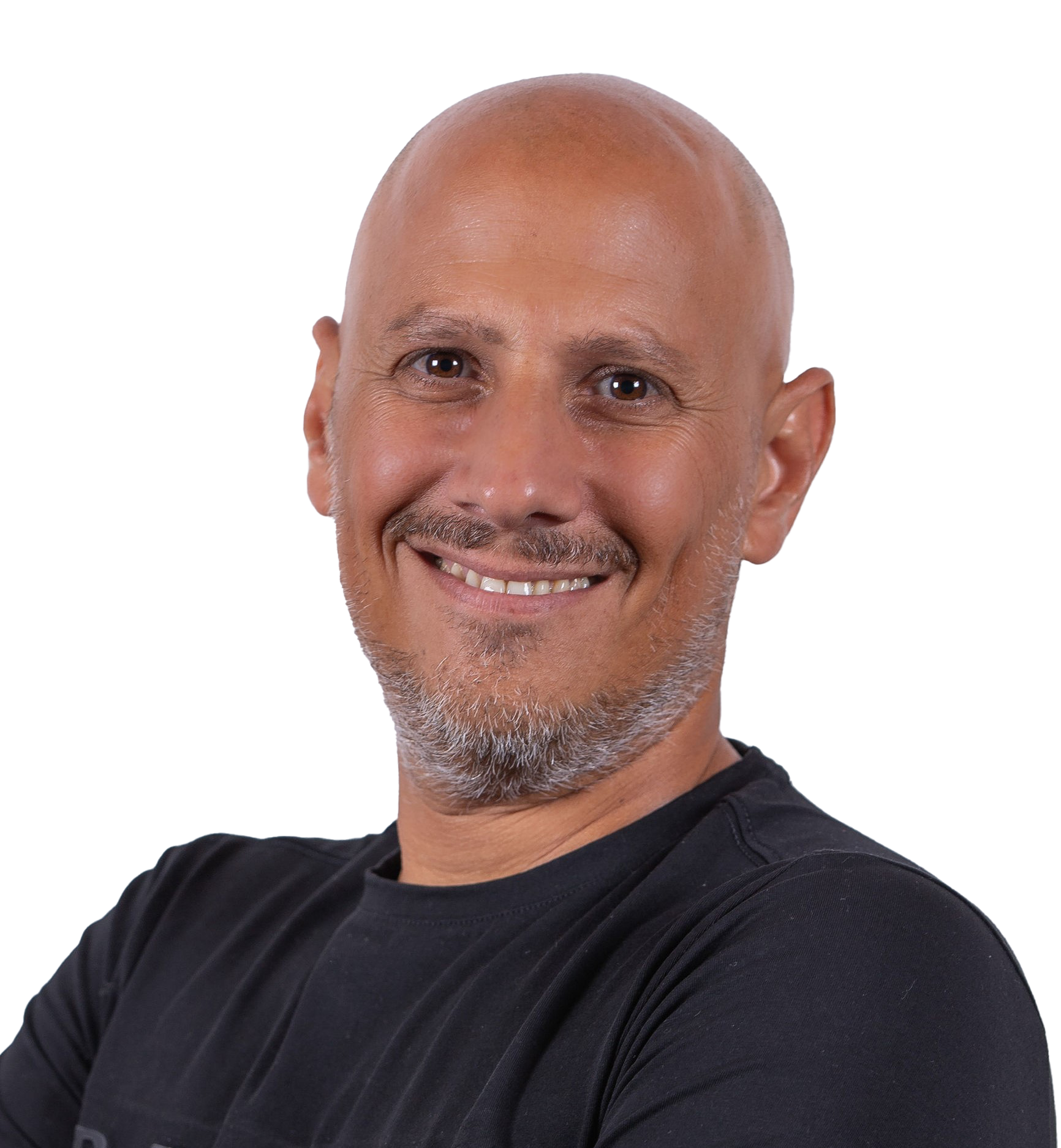
Shai Granot, CEO of Effectivate
The turning point began with a personal story. When Shai Granot’s father was diagnosed with dementia at the age of 81, the future CEO of Effectivate confronted a cruel truth: once symptoms appear, meaningful treatment options are already limited. His search for answers revealed something no less than groundbreaking: early signs of cognitive decline can occur as early as 60, a stage when preventive measures are still highly effective. From this painful experience, Effectivate was born. Today, more than seven years later, the company stands at the forefront of a revolution that is reshaping the very foundation of the insurance industry.
“When I realized that by the time symptoms show up it’s already too late, I knew we had to change the conversation from treatment to prevention. Effectivate was born out of personal pain, but also out of the belief that millions of families can avoid going through the same struggle.” — Shai Granot, CEO of Effectivate
The Demographic Wave Insurers Cannot Ignore
Dementia is already the seventh leading cause of death worldwide and is projected to climb into the top three within decades. Around 50 million people live with the disease today, and that number is expected to almost triple by 2050. The global economic toll already exceeds one trillion dollars annually and is on track to double by 2030. For insurers, these figures are not just statistics; they represent a looming financial crisis. Every new diagnosis translates into skyrocketing costs: hospitalizations, long-term care, expensive medication regimens, and the inevitable pressure on claim payouts.
From Paying Claims to Preventing Them
For decades, the insurance industry has operated in a reactive model: collect premiums, pay claims, and hope the balance works in its favor. But demographic realities are making this approach unsustainable. An aging population means more illnesses, more care, more claims, and thinner profit margins. The shift now underway is not a minor adjustment but a complete rethinking of the model.
Just as healthcare systems have shifted from focusing on treating the sick to investing in prevention and wellness, insurers are starting to realize that their future profitability depends on the same principle. Preventing decline before it happens is no longer just a healthcare mission; it is an economic imperative. Every case of delayed dementia, every extra year of independence, every avoided hospitalization translates directly into savings and measurable return on investment.
Effectivate’s Preventive Model
Effectivate’s contribution to this shift is both scientific and practical. The company developed a digital training program that makes cognitive preservation accessible and effective on a large scale. By identifying early risks and providing engaging, science-based exercises, the platform strengthens memory, attention, and executive functions in ways that carry into everyday life. Unlike the generic “brain games” flooding the market, Effectivate ensures that improvements have a functional impact, remembering a client’s name, sticking to a medication schedule, organizing daily priorities, and maintaining personal safety. These are not abstract results but measurable gains that improve quality of life while cutting future costs.
The Business Case: Prevention as Profit
For insurers, the implications are clear. Preventive cognitive training reduces the number of hospitalizations, lowers medication errors, delays the need for long-term care, and keeps policyholders independent for longer. That means fewer claims, reduced severity of those that do occur, and ultimately better margins. Industry experts estimate that consistent implementation of cognitive training in at-risk populations can reduce the severity of age-related claims by as much as 25 percent.
“For insurers, prevention is not charity – it’s smart economics. Every year of independence we help people preserve is a year of reduced claims, lower costs, and stronger loyalty. This is where healthcare and profitability meet.” Shai Granot, CEO of Effectivate
“For insurers, prevention isn’t just a charitable act; it’s a smart business strategy. Every year, we help people maintain their health, which translates to fewer claims, reduced costs, and increased customer loyalty. This is where healthcare and profitability align.” – Shai Granot, CEO of Effectivate.
The bottom line is unmistakable: prevention creates profit. By investing in cognitive wellness, insurers are not shouldering an additional cost but securing long-term savings and improving retention rates. Policyholders benefit from greater well-being, and insurers benefit from lower loss ratios and higher customer satisfaction.
A New Paradigm for Insurance
Effectivate is more than a health-tech innovation; it represents a new economic model for the insurance industry. By moving the focus from treating patients after decline to preventing decline in the first place, the company aligns the interests of policyholders and insurers in a way that has never been done before. The industry is at a crossroads: continue paying ever-rising claims or embrace prevention as a driver of profitability.
The winners will be those who recognize that the most valuable claim is the one that never needs to be filed. Effectivate proves that large-scale cognitive preservation is not only clinically validated but also commercially viable, offering insurers the chance to transform demographic risk into strategic advantage.


